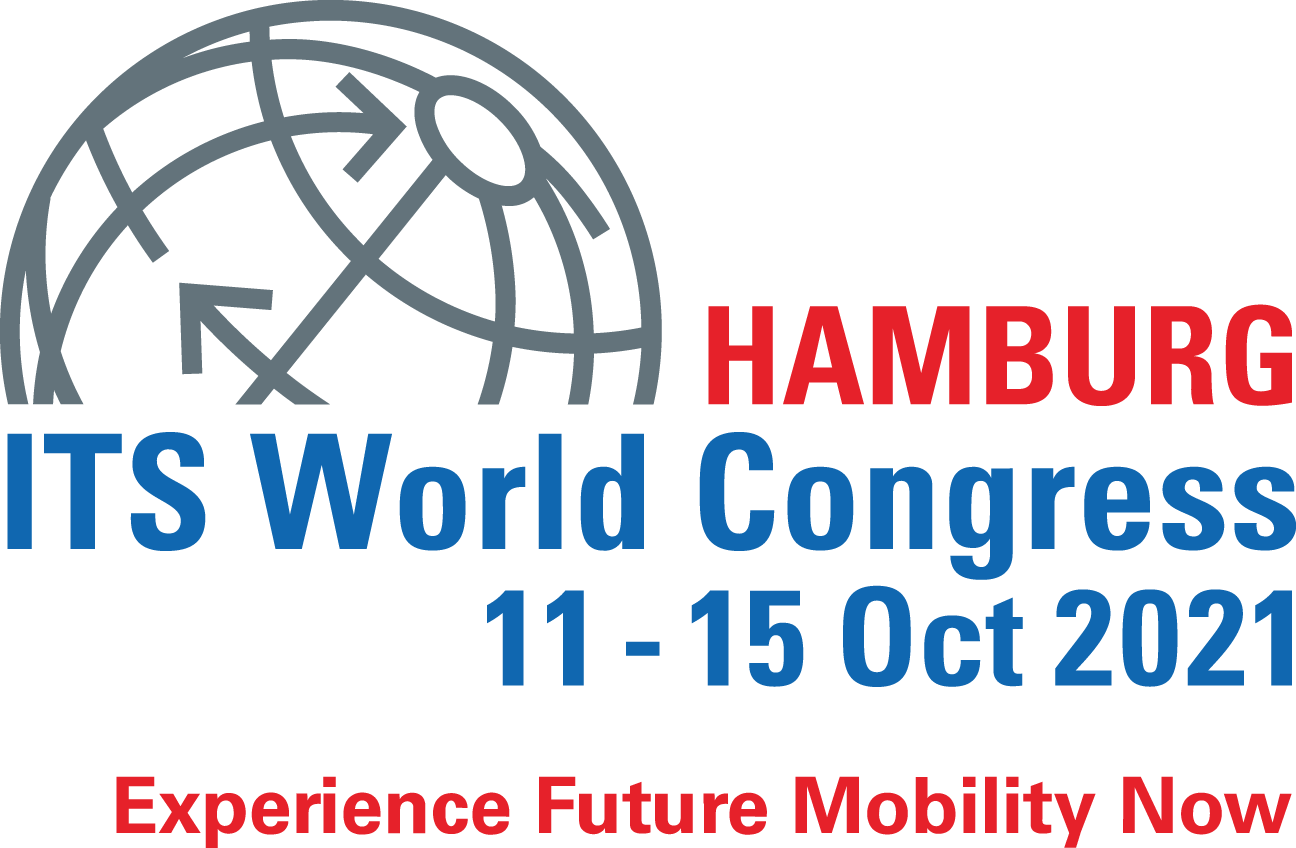
The past 24 months have shown in the US how MaaS has become critical in itself for assuring assess for everyone to critical healthcare, said Laura Chace, chief executive of ITS America. She told delegates that MaaS has shown how it can help the financial stability of families throughout the US by ensuring access to all modes of transportation in times of distress to get people to their jobs.
Urban authorities and transportation providers, public and private, have taken innovation on board and many pilot projects appear to now be permanent, she said. The importance of connecting an increasing number of communities to each other has been highlighted like never before. To this end, more and more partners that previously hadn’t worked together are now collaborating and the idea of a universal payment wallet has become a major talking point. But Chace also noted that MaaS must develop according to environmental considerations that are becoming increasingly important.
James Lancaster, head of mobility innovation at Enterprise Holdings, pointed out that successful MaaS will come about only with constant collaboration between the public and private sectors. MaaS must be led by urban authorities which set policies. This should be done in conjunction with the private sector to harness that sector’s innovation. Otherwise, the private sector will develop and implement systems that don’t benefit the great majority of users.
Safety concerns about MaaS have not simply focused on protection from physical accidents, said Meyseng Se Tchao, vice president of global sales for transport and mobility at Dekra. She said she has seen more concern about safety of the data that MaaS accrues.
As MaaS develops, some of the people who most need it – the finically and physically challenged – must not be left behind, said Valerie Lefleer, chief executive of Feonix Mobility. It requires community input into MaaS development, such the Ignite programme being launched in the US city of St. Louis to help people in the poorer part of the city.









